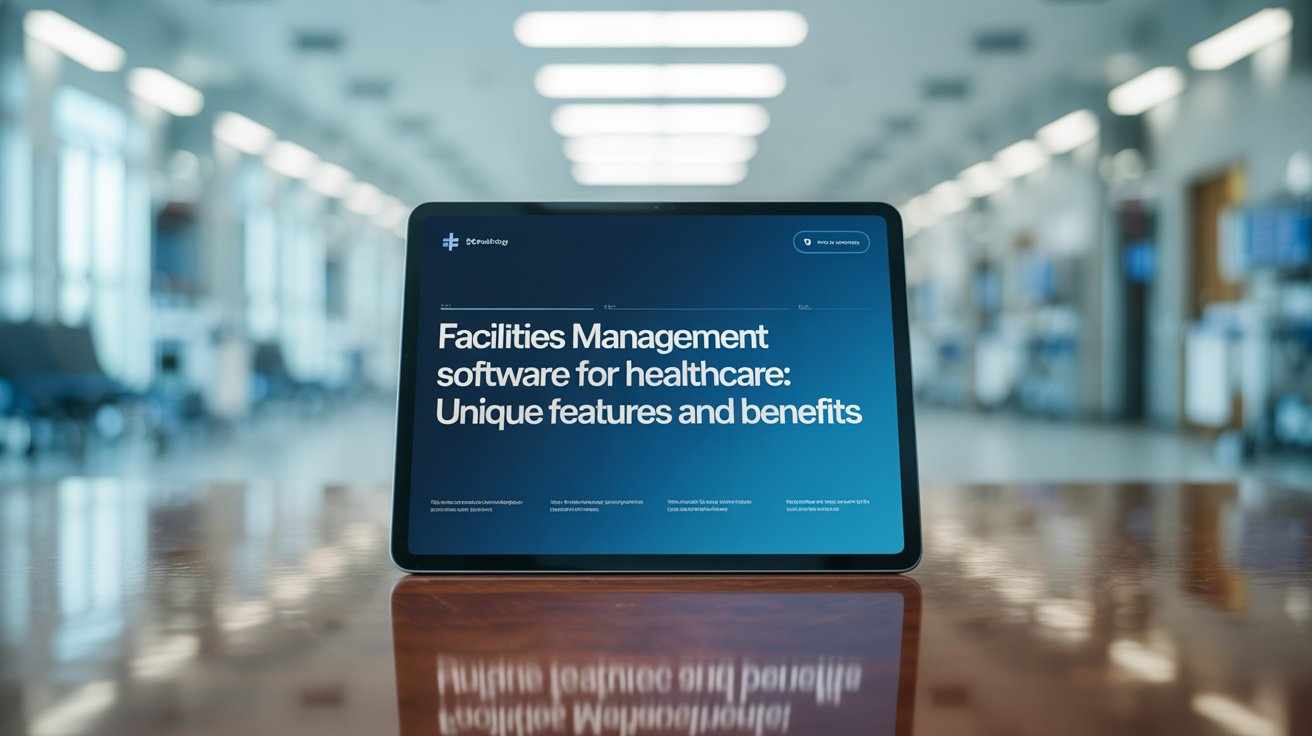
In recent years, the healthcare landscape has undergone a transformative shift, driven by the rapid advancement of technology. One of the most notable developments in this arena is the integration of telemedicine into hospital management systems, a synergy that holds great promise for revolutionizing patient care. This blog explores the pivotal role of hospital management systems in seamlessly integrating with telemedicine platforms, ultimately enhancing patient access to healthcare services and revolutionizing remote patient monitoring.
The Convergence of Hospital Management Systems and Telemedicine
1. Efficient Patient Data Management:
Hospital Management Systems (HMS) serve as the digital backbone of healthcare facilities, streamlining administrative tasks, managing patient records, and optimizing resource utilization. Telemedicine integration takes this a step further by connecting these systems to virtual care platforms. This connection enables the automatic transfer of patient data, ensuring that healthcare providers have real-time access to crucial information during teleconsultations.
2. Streamlined Appointment Scheduling:
Integrating telemedicine into HMS simplifies the process of scheduling virtual consultations. Patients can seamlessly book appointments through the hospital's existing management system, reducing friction and improving the overall patient experience. This integration fosters an environment where patients can easily transition between in-person and virtual visits, depending on their needs.
Enhancing Patient Access to Healthcare Services
1.Geographical Accessibility:
Telemedicine integration erases geographical barriers, allowing patients in remote or underserved areas to access quality healthcare services. Patients no longer need to travel long distances to consult with specialists or access specialized medical services. This is particularly impactful in regions where healthcare infrastructure is limited, improving overall healthcare equity.
2. Increased Appointment Availability:
By incorporating telemedicine capabilities into hospital management systems, healthcare providers can extend their service hours and offer more flexible appointment slots. This not only accommodates the diverse schedules of patients but also helps in managing
patient flow more efficiently, reducing wait times for both virtual and in-person consultations.
Revolutionizing Remote Patient Monitoring
1. Real-time Health Data Monitoring:
The integration of telemedicine platforms with hospital management systems enables continuous monitoring of patients' health metrics in real-time. Wearable devices and smart sensors can be linked to the HMS, providing healthcare professionals with timely data on patients' vital signs, medication adherence, and overall well-being.
2. Medicine Delivery App Integration:
An integral aspect of telemedicine is the provision of medication to patients, often requiring a robust medicine delivery app. Hospital management systems can seamlessly integrate with such apps, allowing healthcare providers to electronically prescribe medications and streamline the delivery process. This ensures that patients receive their prescribed medications promptly, promoting medication adherence and overall treatment success.
Future Implications and Conclusion
The integration of telemedicine with hospital management systems represents a paradigm shift in healthcare delivery. As technology continues to advance, we can anticipate further innovations in this space, with the potential for augmented reality consultations, AI-driven diagnostics, and more. By embracing these technological advancements, healthcare providers can not only improve patient access and remote monitoring but also enhance the overall quality of care.
In conclusion, the fusion of telemedicine and hospital management systems holds immense promise for the healthcare industry. It bridges gaps, making healthcare more accessible, efficient, and patient-centric. As we move forward, it is crucial for healthcare organizations to embrace and adapt to these technological advancements, ensuring a future where quality healthcare is accessible to all, regardless of geographical constraints.





















Write a comment ...